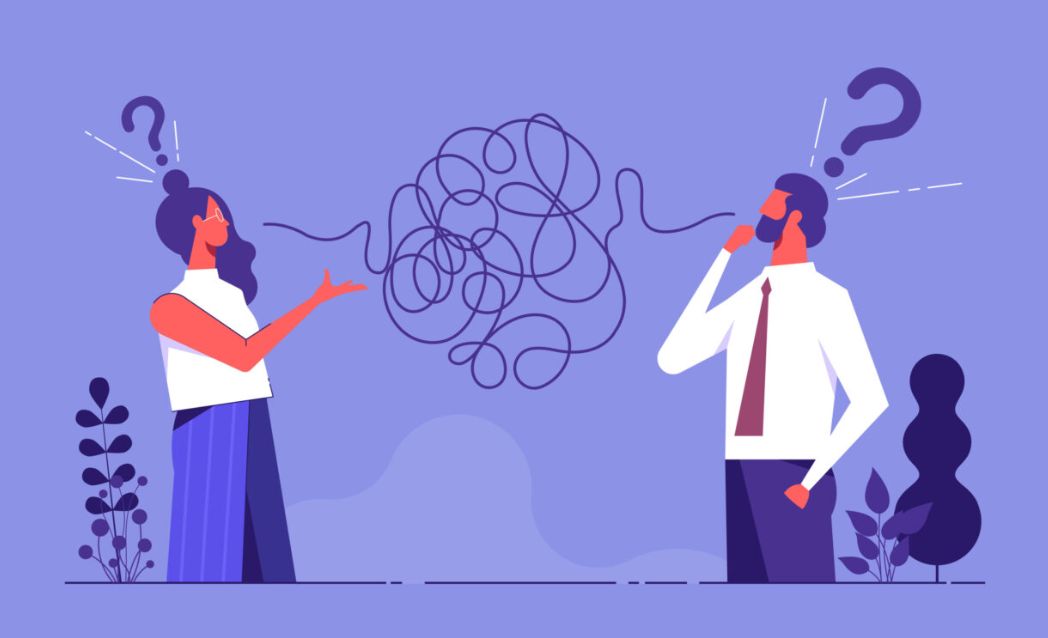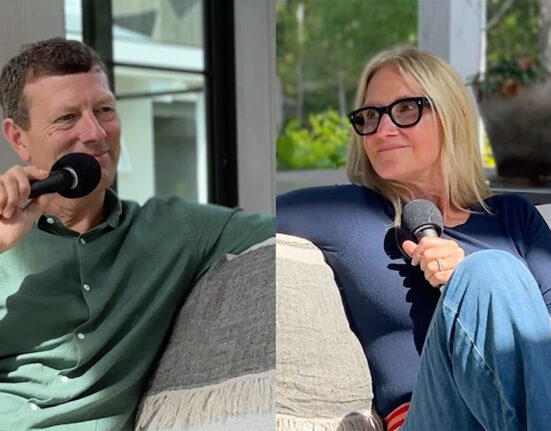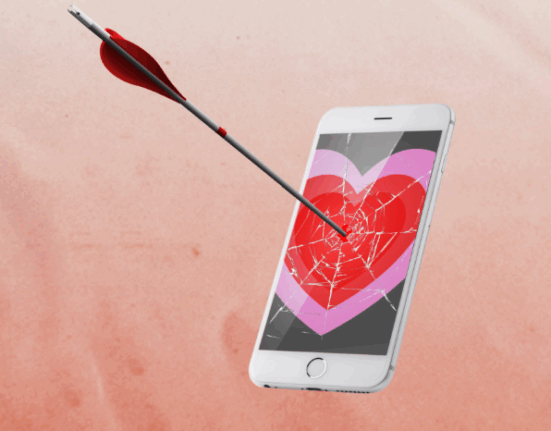Last Updated on August 31, 2023 by Rachel Hall
Using Expert Advice to Create a Situation Where Communication Improves Within Romantic Relationships
Effective communication, we’re told, is crucial for any relationship to flourish. You have to be able to articulate your desires and requirements; equally, you need to understand what your partner is saying. It’s tricky, to be honest – people are often conflicted, they change their minds, they forget, and sometimes they just aren’t very clear. In a recent article from CNBC, a psychologist and a sexologist spoke about their experiences and explained how to practise “reflective listening”, which they claim saves relationships.
What is “reflective listening”?
Reflective listening is a way of helping your partner communicate. You might take turns to discuss the problem that you are having, or things may be more one-sided, but the ultimate goal is for both partners to come away with a better understanding of the other person’s opinion. You don’t – and perhaps shouldn’t – try to solve all of the issues, and come up with solutions. If you understand the problem, perhaps the solution will follow naturally.

What do the experts suggest
If you want to try reflective listening, have a go at the following things:
- Find somewhere quiet to talk. Nobody wants to be deep in their feelings and then get interrupted by something trivial. Put your phones down and on silent; ask your roommates to give you some space; turn the radio off. Ideally, you should sit somewhere that allows you to face one another, and, if you often interrupt your partner (or vice versa), use a toy, stick or mug to indicate whose turn it is to speak.
- Don’t interrupt your partner. As above, you can use a physical item to indicate who is talking and who is listening.
- Introduce the topic with a clear goal. Starters such as “Please help me understand” or “I want to know your perspective” can come in really useful. Relationships are complicated, and you can often end up going on a tangent. There’s nothing wrong with that, but see if you can return to the initial topic until that has been sorted.
- Be mindful of your body language. Sitting with your arms crossed, rolling your eyes and snorting shows your partner that you’re not willing to engage, and may well be hostile. Don’t treat your partner with derision: relax and remember that you want to be the best partner you can.
- Paraphrase and note what your partner says. Sometimes things get lost in translation. Allow your partner to speak, and when they’re done, take a moment to clarify. For example, if your partner says they feel like you don’t go on enough dates, wait until they’ve finished speaking and then say “So, what I’m taking away from this is that you’d like to spend more time together, just us, perhaps doing something special?”. Remember to actually follow this up.
- Make sure you aren’t missing anything crucial. After you’ve summarised what your partner’s said, check in with them and ask if there’s anything you haven’t mentioned.
- Thank your partner for sharing. Let’s be honest, nobody really likes having these conversations. They’re usually very exposing and awkward and embarrassing, and people don’t want to admit that something is going wrong. Let your partner know that you appreciate their candour and build a rapport.
- Apologise. There’s lots of debate over the correct way to apologise, which things you need to include and how to make sure it’s heartfelt. Difficult conversations usually come up when something’s gone wrong, and if you were part of the mistake or the problem, you need to own it and say sorry.
- Tackle the problem – or don’t! I’m a practical person, and I like to end disagreements with a game plan. Are you doing too much cleaning? I’ll start hoovering on Wednesdays. Not enough alone time? I’ll see if my parents can babysit the kids. Jumping in too early can be a problem. You need to let your partner fully explain themselves before you start trying to solve things. The best option is to discuss with your partner if they want solutions, support, or just to vent. Remember, it’s you and your partner vs. the problem, not them vs. you.
- Don’t be afraid to get outside help. Sometimes, counselling is required. We can try to solve problems by ourselves, and that might work! However, if things don’t improve, an outside perspective from a therapist can be really useful and get things straightened out.
Conclusion
Disagreements are inevitable in relationships. They can feel all-consuming and disastrous like they’ll end sexual relationships and leave you feeling guilty and frustrated. That doesn’t have to be the case! There are a whole bunch of ways to improve how you approach arguments, and using reflective listening is often a good way to start.

Rachel Hall, M.A., completed her education in English at the University of Pennsylvania and received her master’s degree in family therapy from Northern Washington University. She has been actively involved in the treatment of anxiety disorders, depression, OCD, and coping with life changes and traumatic events for both families and individual clients for over a decade. Her areas of expertise include narrative therapy, cognitive behavioral therapy, and therapy for traumatic cases. In addition, Rachel conducts workshops focusing on the psychology of positive thinking and coping skills for both parents and teens. She has also authored numerous articles on the topics of mental health, stress, family dynamics and parenting.








Leave feedback about this